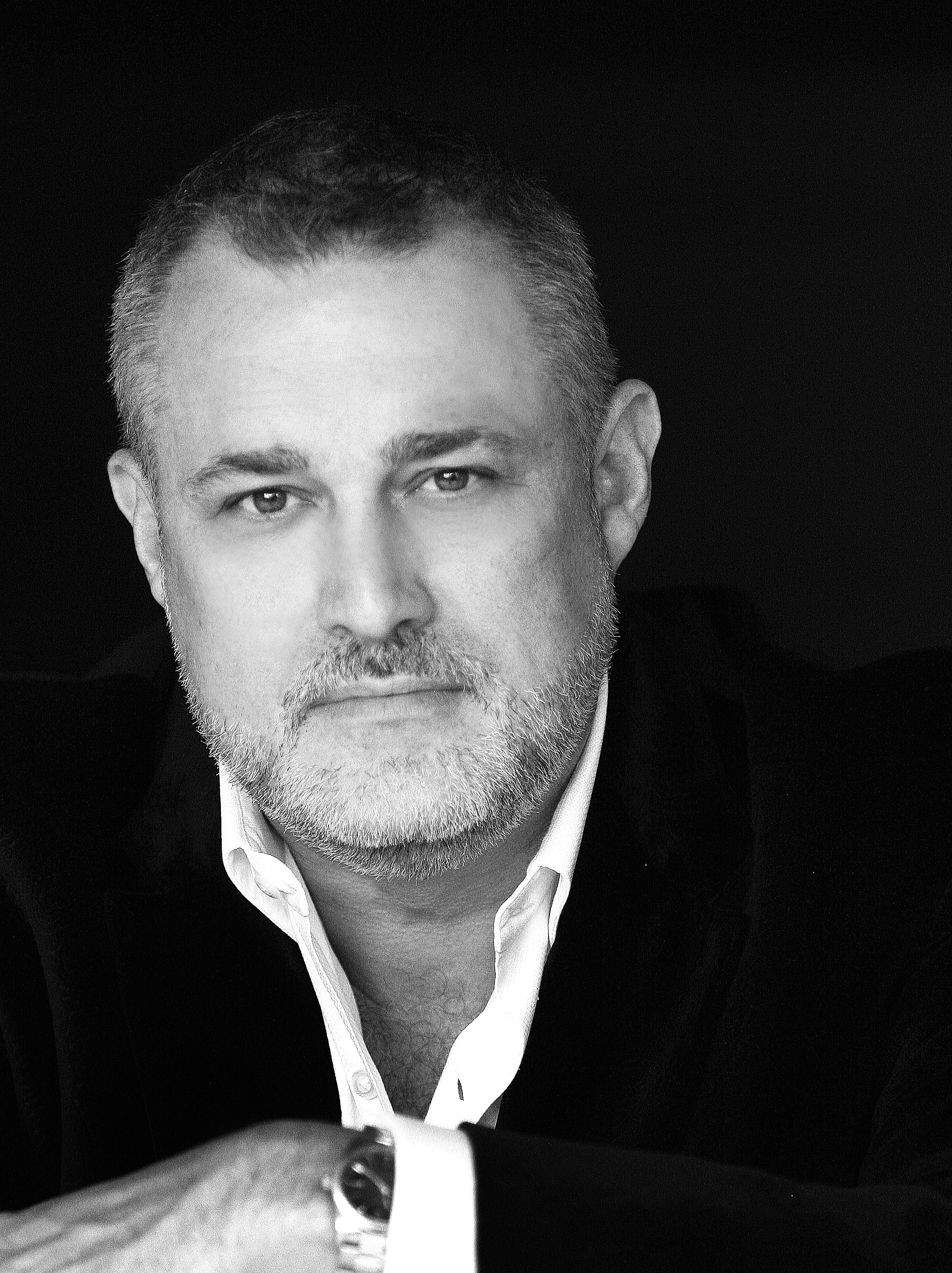The Power of ‘We’ – Transforming Leadership Through Co-Elevation
The Power of ‘We’ – Transforming Leadership Through Co-Elevation https://csuiteold.c-suitenetwork.com/advisors/wp-content/themes/csadvisore/images/empty/thumbnail.jpg 150 150 jeffreyhayzlett https://secure.gravatar.com/avatar/7d20a01ed9c1d91ad616e067720c7767?s=96&d=mm&r=g
Reinvention is becoming the overriding theme of COVID-19. Everyone has figured out a way to re-invent their business model — from small businesses to schools, pivoting has become a necessity.
One could argue many of these changes have been boiling under the surface for years; in fact, COVID has become an accelerator. While others are finding themselves in foreign lands, basically trying to learn a new language and customs on the fly.
One thing is for sure. We need to retire the phrase ‘business as normal.’ If we’ve learned anything over the past year, business was never normal, and it won’t be normal ever again.
Keith Ferrazzi and I see eye-to-eye on that. If you don’t know Keith, at the age of 32, he became the youngest CMO of a Fortune 500. He’s authored two best-selling business books and recently released his third, Leading Without Authority, where he introduces us all to the idea of co-elevation in business.
“(Leading Without Authority) is to me the culmination of 20 years of coaching,” Keith said during a recent C-Suite Network event. “To really understand, what does it take for you as a leader to be transformative in your industries? Not just come up with the strategies, but how do you truly do what I call ‘teaming out?’ How do you redefine even who your team is? To reinvent who you are.”
He continued, “This is an inflection point, to leap forward, and we’ve been given a great gift, a blessing, to push a remote reboot to the world, and you know this is a guidebook for you to do that.”
Simply put, co-elevation is the group’s shared mission and the commitment of the people in that group to each other.
Co-elevation isn’t the “top-down” leadership style most people are used to. Keith says we need to break out of our respective silos and embrace each other’s success. Instead of your team going to you with all their problems, you have to empower everyone to give direction and feedback. This not only helps your team, but it frees up your bandwidth for more important tasks – what I refer to as working ON the business, rather than IN the business.
Keith also cautions leaders not to fall into a common trap. “Please don’t ever use the word I,” he said. “You are not going to do anything. The creation of the future of your vision is a co-creation with a set of individuals.”
Keith admits this can be hard for some business leaders to grasp and wrap their heads around. However, with all the turbulence of the past year, things may be changing.
“I tend to find the smaller organizations; the leaders take on way too much responsibility and sense of self to get stuff done,” Keith said. “Stop thinking that way in a remote world.”
Change can be overwhelming for anyone, whether in business or life. Thankfully, Keith has some ideas on how to overcome that paralysis that can affect us all from time to time. He says to start with redesigning your business and workforce models. To accomplish that, you need to embrace something he calls inclusion.
“Inclusion means you need to have a team creating your future,” he said.
He also advises to not limit your team to those who work for you. The team becomes anyone who can help you achieve your goals – or what Keith calls, “loose partners or tight partners, that’s up for us to figure out.”
“If you’re really trying to transform your organization remotely, virtual has some really unique assets,” Keith said. “You can invite anybody you want into your team for 10 minutes, five minutes, a half-hour.”
One of the ways Keith believes your team can be successful is through openness and candor.
“Only 20% of teams claim that they can speak and challenge each other openly in a room. Which means 80% of your teams are conflict avoidant, and they talk behind each other’s backs and think that’s acceptable. It’s not acceptable,” Keith emphasized.
That’s good advice. I always encourage the team to be honest with me, and everyone else. We believe in radical transparency and that is one of the values we live by. I know honesty sometimes means you step on someone’s toes, but overall, we’re better for it.
I’d like to thank Keith for his time and insights. We covered a lot during our informal chat on leadership, coaching, and the story of a young doctor who saw the ER’s inefficacies and tried to do something about it.
It’s worth a listen.
If you’d like to attend our next event, become part of the C-Suite Network community. For less than half the price of a business lunch, you get access to one-of-a-kind content and insights from c-level executives and other great business leaders. All this makes you the most strategic person in the room. Click here to learn more.


